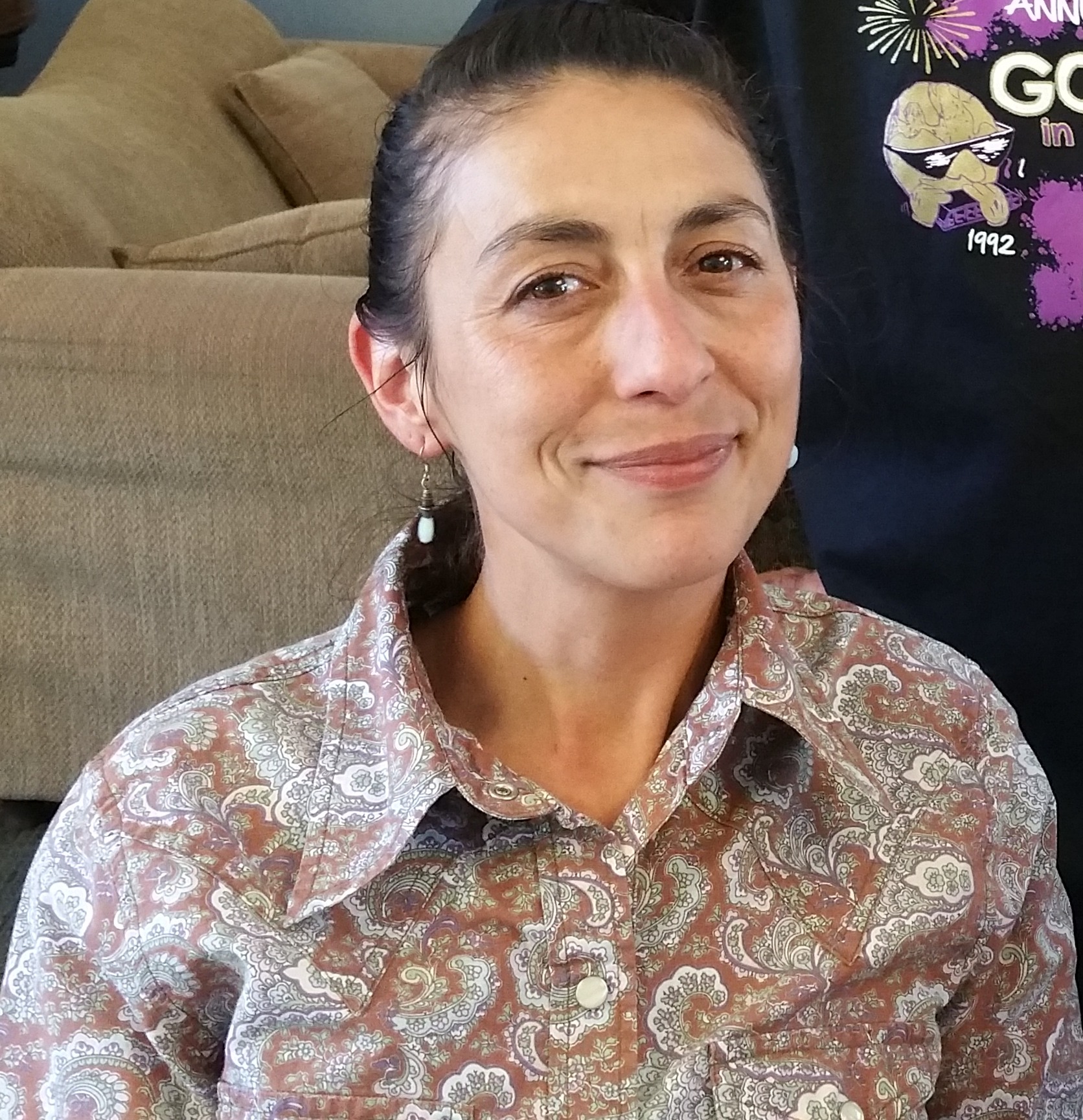 Jessica’s family was poor. They endured the challenges confronted by poor people around the world, struggling to find work, food, and shelter. She also learned that real wealth is found not in accumulation of possessions, but in the relationships we forge within our families and communities.
Jessica’s family was poor. They endured the challenges confronted by poor people around the world, struggling to find work, food, and shelter. She also learned that real wealth is found not in accumulation of possessions, but in the relationships we forge within our families and communities.
College educated, Jessica has become a leader among those advocating both for those in poverty and the health of our environment.
We tend to think of poverty in relation to lack of money, but Jessica directed our attention to other factors. When the land, rivers, oceans and air become polluted, other kinds of poverty result. No longer is there clean water to drink, fresh air to breathe, bees to pollinate our plants, soil to produce healthy crops, seas abundant with life, and forests to cleanse the atmosphere. Jessica commented that if we do not address threats to our environment, one day we may see the number of “climate refugees” rival the number of refugees now struggling to escape war zones. When seas rise and crops fail, people will flee.
Other types of human experiences reflect poverty as well. Immigrants and refugees experience “poverty of homeland” living in daily fear of deportation and broken families. People of color and different religions experience the “poverty of discrimination.” The elderly, the mentally ill, the addicted, the homeless—those who find themselves no longer connected with family or friends who have become strangers in their own communities, experience the “poverty of loneliness.”
Mother Teresa has said, “Being unwanted, unloved, uncared for, forgotten by everybody, I think that is a much greater hunger, a much greater poverty than the person who has nothing to eat.”
Jessica observed that faith communities have traditionally responded to those in need. Working together, she is hopeful we can address all issues of poverty and create a healthy, caring community in Portland. 


